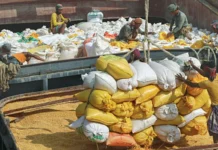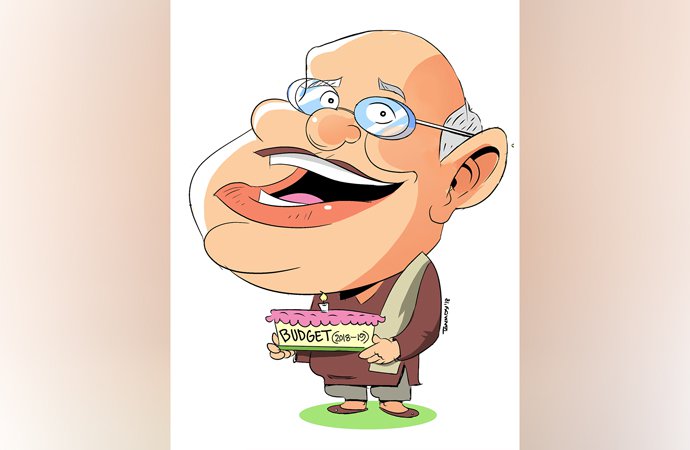Mohammad Amjad Hossain from Virginia, USA
The grand alliance government, led by Awami League, has strengthened bilateral relations with the Russian Federation at the fag end of its administration.
Since the break-up of the Soviet Union in 1991 when the Russian Federation emerged, Russia has now been relegated from the status of a superpower to that of a great power. The political climate has equally changed from the communist system to democracy. General election was held in the Russian Federation last year. The election could not be described as free and fair as there were allegations of maniopulations.
Economically, the Russian Federation has been progressing well. The Russian per capita income crossed $17,000 in 2011. Russia turns out to be the second biggest arms seller in the world.
Against this backdrop, Prime Minister Sheikh Hasina had been to Moscow on a three-day state visit from January 15 to January 17. This was her second visit to the Russian Federation, first being in November 2010 to attend Tiger Summit at St. Petersburg. Thirteen countries, including Bangladesh, signed a declaration to save tiger habitats.
But this time it was an official visit to Russia to have bilateral talks with Vladimir Putin, who was elected as president of the country last year for a second term. During the visit, 10 agreements, including a number of Memoranda of Understanding (MoUs), were signed between the two countries. These agreements relate to setting up of a nuclear power plant at Rooppur in Pabna, weapons purchase and gas and oil exploration.
In November 2011, Dhaka signed a deal with Rosatom, the nuclear power corporation of the Russian Federation, for construction of two reactors with 1,000-megawatt capacity, each costing $1.5 billion dollars. This time Russia agreed to provide $500 million as loan and the rest is to be borne by the Bangladesh government. Russia also signed a deal to provide $1 billion to buy Russian weapons for the armed forces. President Vladimir Putin said: “Our countries intend to broaden military technical cooperation. We will not only provide most up-to-date technology, but also we will extend financial support for the construction of the nuclear power plant at the initial stage.”
There has been euphoria in Bangladesh over the nuclear power plant to be constructed with Russian assistance after a lapse of 39 years. Rooppur in Paksey was selected by the then Awami League government in 1973 as the site of the nuclear power plant. A nuclear power plant requires a huge quantity of waters round the year. The mighty Padma would have been the source of water. Since India started operating the Farakka Barrage, there is an acute shortage of water in the Padma, particularly during the lean period. It is not yet known how this issue will now be addressed. Nuclear plants as such are highly costly and fraught with grave dangers.
Instead of establishing a nuclear power plant, the government should have pursued the Russian Federation to renovate old hydraulic power plants, set up with the assistance of the former Soviet Union in the early years of Bangladesh.
Many are intrigued by the arms deal as the Bangladesh government embarked on buying Russian armaments at such a huge cost when the country is not at war with any foreign enemy and many people still remain under the poverty level.
However, it is good that the government intends to diversify sources of procurement of arms and ammunition, but cost effectiveness should have been kept in mind.
There is a great need to expand trade with Russia. Presently, Bangladesh’s trade with Russia stands at only $700 million. Bangladesh got positive results by holding single-country trade fair in Moscow in 1966.
Millionaires of Bangladesh origin in Moscow contributed a lion share for holding the trade fair in Moscow. I was a coordinator from the Foreign Ministry along with the Ministry of Commerce for holding the trade fair in Moscow.
There is no doubt that Bangladesh, being a least developed country, needs to cultivate relations with all countries of the world for greater benefit of the nation and its people.
The writer is a retired diplomat from Bangladesh and former President of Nova Chapter of prestigious Toastmasters International Club.
Source: Financial Express









